COURSE OVERVIEW
PROCESS & CHEMICAL ENGINEERING
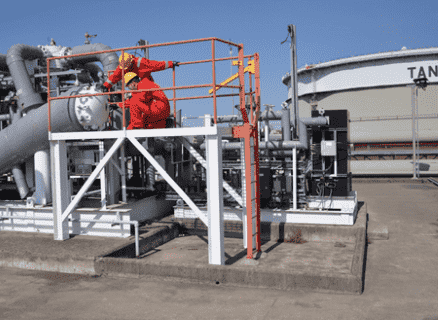
OVERVIEW
| COURSE TITLE | : | PE0010 : Oil Movement, Storage & Troubleshooting |
| COURSE DATE | : | Dec 23 - Dec 26 2024 |
| DURATION | : | 4 Days |
| INSTRUCTOR | : | Mr. Mervyn Frampton Days |
| VENUE | : | Abu Dhabi, UAE |
| COURSE FEE | : | $ 4500 |
| Register For Course | ||
OTHER SCHEDULED DATES
| Date | : | Jan 28 - Feb 01 (5 Days) | Location | : | Istanbul, Turkey | Classroom Fee (US$) | : | $ 6000 | Course Info |
| Date | : | Feb 18 - Feb 22 (5 Days) | Location | : | Doha, Qatar | Classroom Fee (US$) | : | $ 6000 | Course Info |
| Date | : | Mar 03 - Mar 07 (5 Days) | Location | : | Dubai, UAE | Classroom Fee (US$) | : | $ 5500 | Course Info |
| Date | : | Apr 28 - May 02 (5 Days) | Location | : | Istanbul, Turkey | Classroom Fee (US$) | : | $ 6000 | Course Info |
| Date | : | Jun 10 - Jun 14 (5 Days) | Location | : | London, United Kingdom | Classroom Fee (US$) | : | $ 8800 | Course Info |
| Date | : | Jun 24 - Jun 27 (4 Days) | Location | : | Dubai, UAE | Classroom Fee (US$) | : | $ 4500 | Course Info |
| Date | : | Sep 22 - Sep 26 (5 Days) | Location | : | Doha, Qatar | Classroom Fee (US$) | : | $ 6000 | Course Info |
| Date | : | Oct 28 - Oct 31 (4 Days) | Location | : | Al Khobar, KSA | Classroom Fee (US$) | : | $ 4500 | Course Info |
Course Description
This practical and highly-interactive course includes various practical sessions and exercises. Theory learnt will be applied using our state-of-the-art simulators. This course is designed to provide participants with a complete and up-to-date overview of the oil movement, storage and troubleshooting in modern refineries, process plants, oil/gas fields and marine terminals. It covers oil and gas transportation from the production fields to the refinery, process plant or the exporting facilities through land or sea. Participants of the course will be able to identify the different types of tank; review and improve the operation of a tank farm; illustrate the process of gas freeing of tanks and vessels; determine the various methods of gauging tanks; and employ crude oil processing in modern refineries, marine terminals and oil plants. The course will also cover LPG refrigeration; handling and bulk storage; terminal custody transfer, tank calibration and strapping, tank gauging technique, pulse radar and continuous wave radar and temperature compensation; leak detection system, the correct system, reliability, sensitivity, leak localization, pipeline observer and leakage classifier; production losses and the types of leaks; fatigue crack, stress corrosion cracking, surged induced vibration and meter performance; marine terminal and SPM operations; various product specifications; blending; tank mixing; meters and meter proving; crude oil and leaded gasoline tanks cleaning; and static electricity including its importance in oil movement, storage and troubleshooting.Finally, the course will identify the oil spill emergencies; review the operation and cathodic protection of gas transmission lines; explain the pigging of crude and gas pipelines; demonstrate the process of ship loading; recognize the role and the importance of quality assurance, control and work permit system; discuss the ship shore interface; and apply the supervision, control and communication as well as the discussion prior to cargo transfer, ship shore check list and firefighting.
TRAINING METHODOLOGY
This interactive training course includes the following training methodologies as a percentage of the total tuition hours
LecturesWorkshops & Work Presentations
Case Studies & Practical Exercises
Videos, Software & Simulators
In an unlikely event, the course instructor may modify the above training methodology before or during the course for technical reasons.
VIRTUAL TRAINING (IF APPLICABLE)
If this course is delivered online as a Virtual Training, the following limitations will be applicable
| Certificates | : | Only soft copy certificates will be issued to participants through Haward’s Portal. This includes Wallet Card Certificates if applicable |
| Training Materials | : | Only soft copy Training Materials (PDF format) will be issued to participant through the Virtual Training Platform |
| Training Methodology | : | 80% of the program will be theory and 20% will be practical sessions, exercises, case studies, simulators or videos |
| Training Program | : | The training will be for 4 hours per day starting at 09:30 and ending at 13:30 |
| H-STK Smart Training Kit | : | Not Applicable |
| Hands-on Practical Workshops | : | Not Applicable |
| Site Visit | : | Not Applicable |
| Simulators | : | Only software simulators will be used in the virtual courses. Hardware simulators are not applicable and will not be used in Virtual Training |
RELATED COURSES
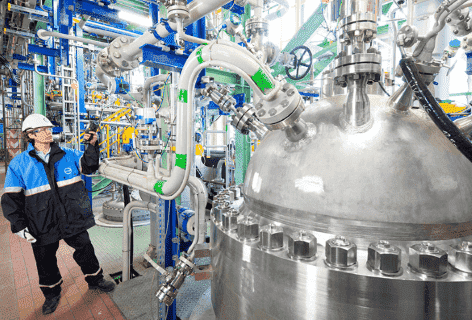
PE0450 : Plastic Additives Selection, Application & Troubleshooting
- Date : May 20 -May 23 / 3 Days
- Location : Doha, Qatar
- Course Details Register
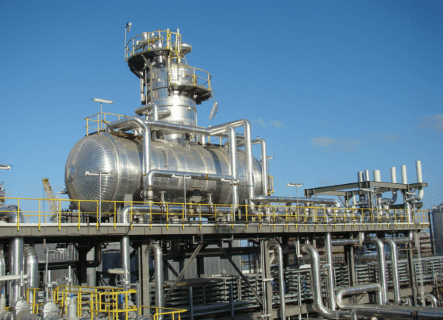
PE0620 : Polyethylene & Polypropylene Manufacturing & Process Troubleshooting
- Date : May 13 -May 16 / 3 Days
- Location : Al Khobar, KSA
- Course Details Register
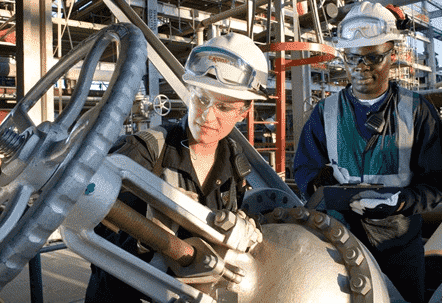
PE0120 : Catalyst Selection & Production Optimization
- Date : Jul 15 -Jul 18 / 3 Days
- Location : Abu Dhabi, UAE
- Course Details Register
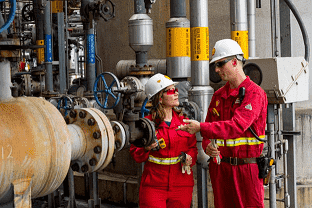
PE0020 : Process Equipment Design, Sizing, Selection, Applications & Troubleshooting
- Date : May 20 -May 23 / 3 Days
- Location : Dubai, UAE
- Course Details Register
